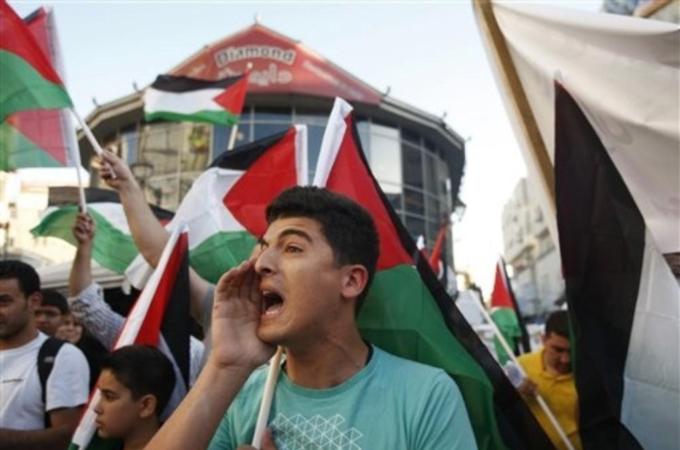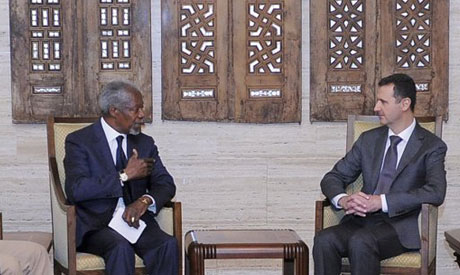By Ali Al-Bassam
Impunity Watch Reporter, Middle East
TEL AVIV, Israel–Palestinian prisoners in Israel threatened to resume a hunger strike on Sunday. They claim that Israeli prison authorities have reneged on an agreement to make changes to their current prison policies.

On April 17, about 1,600 prisoners launched a massive hunger strike in efforts to obtain improvements to their conditions, and an end to certain practices such as limited visitation rights, and solitary confinement. The original hunger strike ended on May 14, when Palestinian prisoners were promised a package of measures in exchange for ending their hunger strike, and also to not engage in militant activity. In return, Israel promised the prisoners visitation from relatives in Gaza, and to also transfer detainees out of solitary confinement. Also part of the agreement was Israel’s promise to not extend its program of administrative detention, where suspects could be held without charge for renewable periods of up to six months.
The Palestinian Minister of Prisoner Affairs, Issa Qaraqaa, said that Israel failed to keep its promise. At a press conference in Ramallah, Qaraqaa stated that “Israel has begun to violate the deal it signed with the prisoners, and within ten days after announcing the end of the strike, Israel renewed administrative detention orders for approximately 30 prisoners.” Qaraqaa also said that he does not believe Israel that would grant visitation rights to prisoners. “So far, we don’t know if Israel will even allow families of prisoners from Gaza to visit their imprisoned relatives,” he claimed.
An Israeli defense official, who preferred to remain anonymous, refuted Qaraqaa’s claims. The official said that “as of the end of last week, three administrative detention orders were renewed.” The official also stated that Israel is currently working towards enabling visitation between Palestinian prisoners and their family members. But it is a process that “would take some time,” however, because it “involves many different bodies.”
In his press conference in Ramallah, Qaraqaa discussed the situations of two prisoners, Mahmud Sarsak and Akram Rikhawi, who are currently on extended hunger strikes. Sarsak, a recognized prisoner of war from Gaza, began his hunger strike on March 23. He went without food for 53 days until May 14, when he temporarily ceased his hunger strike after the agreement was signed. He resumed with his strike the following day. Rikhawi wants the prison authority to deliver his medical file before he appears in front of a prison release committee so that his release may be expedited. Qaraqaa stated that “both prisoners are currently on the verge of a coma and have a low heart rate.”
Sivan Weizman, an Israeli Prison Service spokeswoman, said the two were under medical supervision in Ramle Prison, located near Tel Aviv. Should further care prove necessary, they will be transferred to a nearby hospital.
For further information, please see:
The National — Palestinian Prisoners Threaten New Hunger Strike — 4 June 2012
Al Jazeera — Jailed Palestinians Warn of New Hunger Strike — 3 June 2012
The Daily Star — Palestinians Threaten to Relaunch Prisoner Hunger Strike — 3 June 2012
The Jerusalem Post — Palestinian Prisoners Threaten to Strike Again — 3 June 2012


